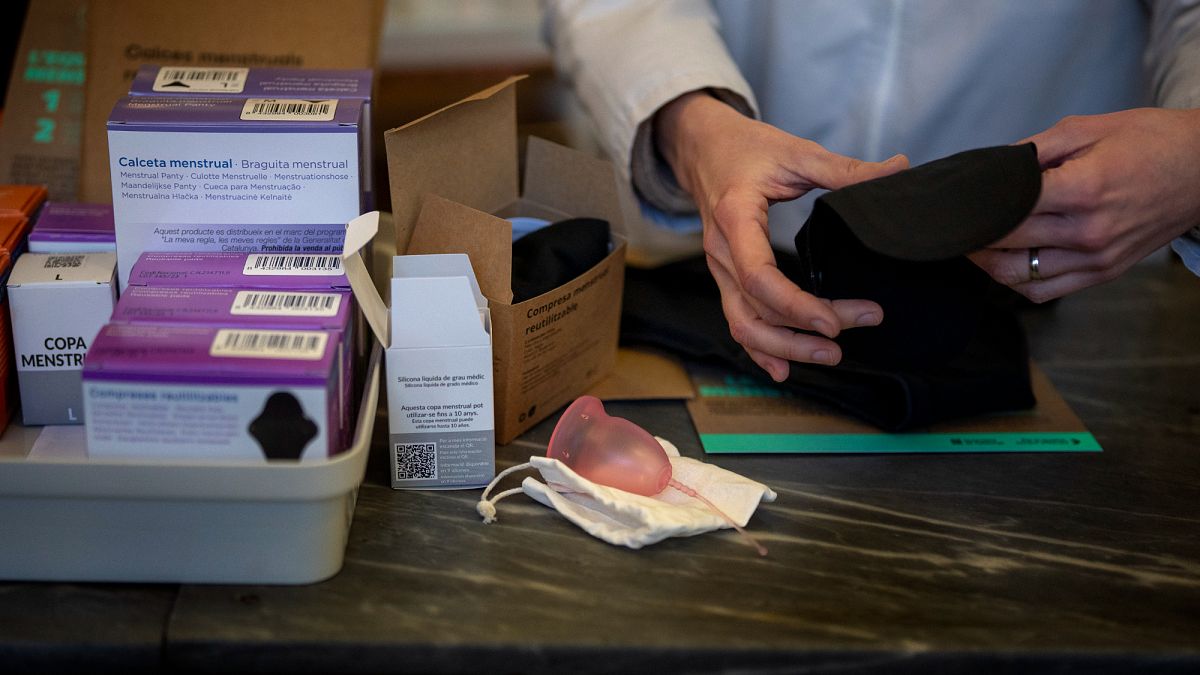

In the ever-evolving landscape of health and wellness, recent discoveries and debates are shaping conversations around consumer products, emotional health, and preventive care. In this spirit, we journey through the key insights of recent research and discussions surrounding these pivotal issues.
Recent studies have sparked discussions about the safety of reusable menstrual products. Underwear and reusable pads, popular for their environmental benefits, have been found to contain significant levels of PFAS—often referred to as ‘forever chemicals.’ These substances are noted for their persistence in the environment and potential health impacts. The research identified markers suggesting these chemicals may be intentionally added, prompting concerns regarding the safety of these intimate products. As conversations around sustainable choices and health safety intensify, it is crucial for consumers to stay informed and perhaps seek guidance from health professionals regarding safe product usage.
Meanwhile, the emotional aspect of health is gaining renewed attention with findings around “broken heart syndrome.” Scientific studies have delved into the profound impact intense, prolonged grief can have on physical health. These studies reveal that individuals experiencing such grief are more likely to encounter severe health issues, potentially leading to early mortality within a decade of their bereavement. While this might highlight the heart’s vulnerability to emotional trauma, it also emphasizes the importance of mental health support and the need for societal mechanisms to aid individuals through their grief journey. Holistic approaches to health that encompass both mental and physical wellbeing are crucial as we deepen our understanding of how emotional experiences intertwine with physical health.
In the realm of preventive healthcare, discussions are intensifying over potential changes to the U.S. Preventive Services Task Force. Reported plans by health policymakers, particularly Robert F. Kennedy Jr, to overhaul this influential panel have met with concern from the American Medical Association. This task force plays a crucial role in determining preventive health measures covered by insurance, such as cancer screenings. The association’s expression of “deep concern” underscores the critical nature of maintaining robust preventive health frameworks that support evidence-based decision-making. As healthcare evolves, maintaining transparency and engaging with expert opinions is essential to ensure that individuals receive comprehensive and effective preventive care.
These emerging topics reflect a broader conversation about the balance between innovation, safety, and comprehensive care. As societal and health landscapes continue to evolve, staying informed and engaging in dialogue can help individuals make choices that prioritize their wellbeing. Offering a calm reflection amid these discussions, it becomes evident that a mindful approach to health—whether concerning product safety, emotional wellbeing, or systemic healthcare policies—can guide us towards healthier, more informed futures.
Source: {link}
